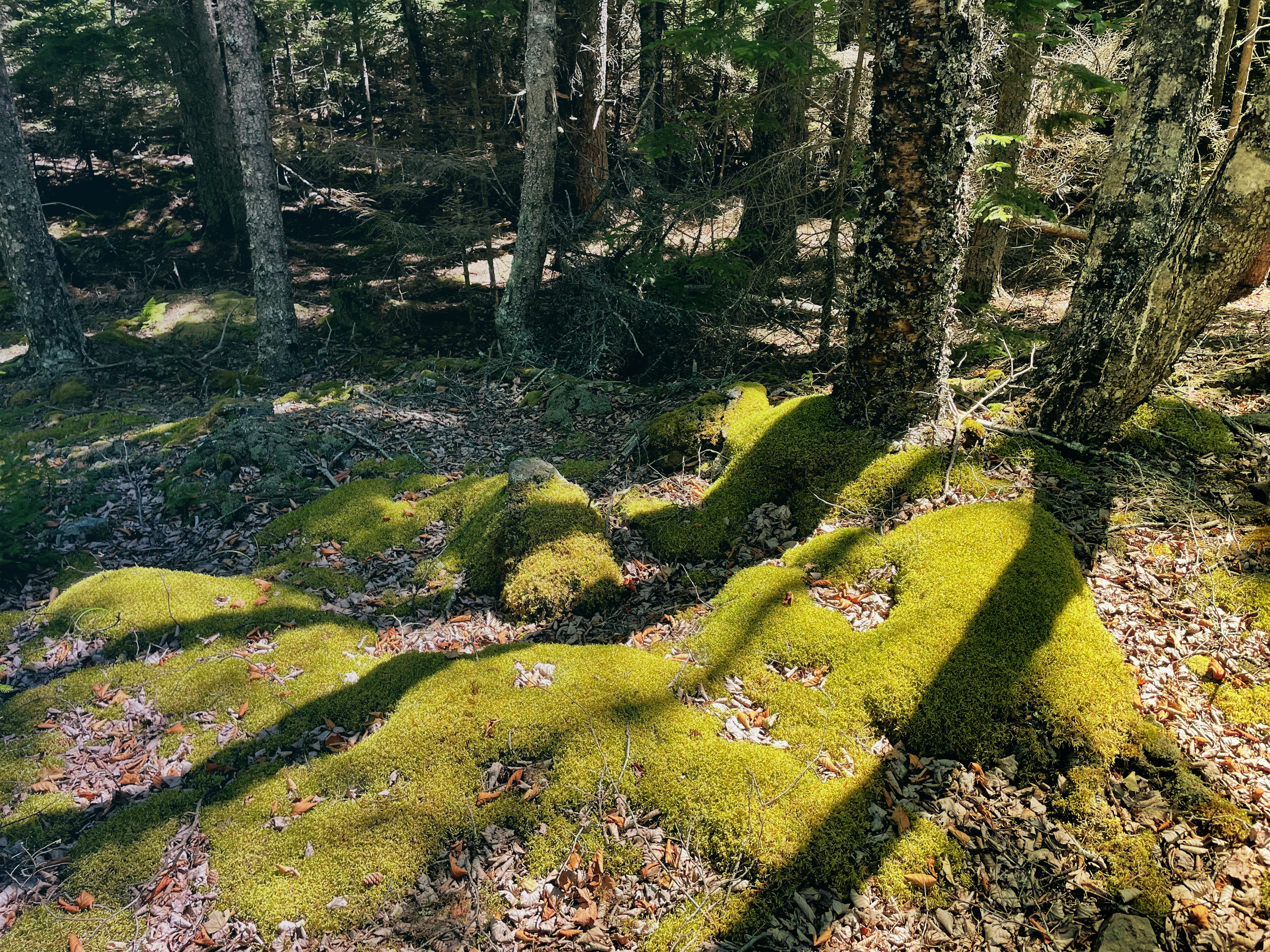
This project connects six universities (Concordia, University of Toronto, York University, Trent University, University of Albera, University of California, Los Angeles, and Queen Mary University of London) and two community partners (Les Amis du Champ des Possibles in Montreal and the Royal Botanic Gardens in Kew, London).
This project moves beyond the silos that have previously limited the impact of work in environmental studies to a transdisciplinary, postdisciplinary, “next-generation” approach (including communication studies, literature, human geography, art history, science studies, postcolonial studies, and sexuality studies) that is both public facing and poised to join the social sciences in contributing to global environmental assessments on key sustainability issues. This project represents a pivotal moment in environmental humanities where a substantive dialogue is currently underway across disciplinary boundaries meant to ‘thicken’ critical responses to the proposed epoch of the Anthropocene.
The team is currently planning a network building workshop for Fall 2023.
The research team is led by Jill Didur (English, Concordia) and co-investigators Jesse Arseneault (English, Concordia), Nalini Mohabir (Geography, Planning and Environment, Concordia), and Cynthia Quarrie (English, Concordia). Other collaborators include Michelle Murphy (CRC Tier 1 in Science and Technology Studies and Environmental Data Justice, U of T), Anne Pasek (CRC Tier 2 in Media, Culture and Environment, Trent U), Andil Gosine (Environmental Arts and Justice, York U), Elizabeth DeLoughrey (English, UCLA), Kathryn Yusoff (Geography, QMUL), Philip Aghoghovwia (U of A & University Free State, South Africa), and Jean-Thomas Tremblay (Environmental Humanities, York U).
